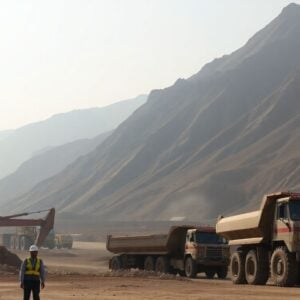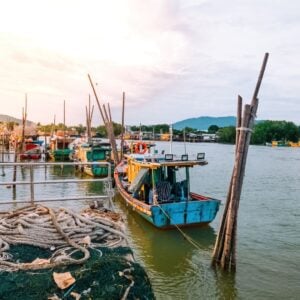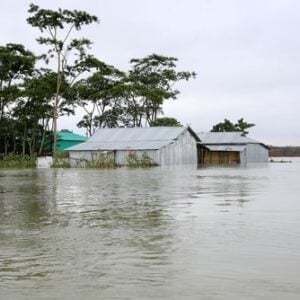Zambia aims to triple its copper production by 2031, driven by rising global demand and investments from major mining companies such as Anglo American, First Quantum Minerals, Barrick, and Kobold. Copper has long been a cornerstone of Zambia’s economy, contributing 15% of GDP and over 70% of exports. Despite this, production has remained around 800,000 metric tons annually since 1969. The government’s ambitious plans could transform the sector, but a critical question remains: does Zambia have the skilled workforce to meet the expected surge in demand?
Analysis from a recent World Bank-Zambia Roadmap highlights the scale of potential employment. If production targets are met, direct mining jobs could increase fourfold, from 56,000 to 200,000, with another 300,000 indirect and induced jobs created across the wider economy. Most of these positions will require technical skills at the TVET level, including technicians, artisans, and craftspersons. Globally, about 60% of mining jobs are in these categories, 25% are for managers and professionals, and 15% are for elementary roles such as general labor or security.
Zambia faces a bottleneck in TVET. Many institutions focus on basic craft programs, leaving too few graduates for technician-level roles. In 2023, only 800 students graduated from institutions meeting industry-recognized quality standards, and just one in five had the qualifications needed for technician or artisan positions. To address this, the Roadmap recommends four strategies: incentivizing industry–training provider collaboration, funding industry-led training centers, creating specialized centers of excellence, and expanding student loan programs for higher-level technical training.
At the university level, Copperbelt University (CBU) and the University of Zambia (UNZA) produce graduates in mining and engineering fields, with CBU recognized as an African Centre of Excellence. However, mining companies note that curricula, facilities, and equipment need updating to keep pace with evolving technologies. Strengthening work-based learning, instructor training, and modernized programs will be essential to prepare graduates for Zambia’s growing mining sector.
Downstream copper value addition—transforming raw copper into wires, batteries, or other products—could create thousands more jobs. Globally, $1 billion in mineral processing can generate 1,500–2,000 jobs, while downstream manufacturing can produce 3,000–5,000. In Zambia, downstream activity remains limited, largely due to competition from China and a shortage of highly skilled engineers and R&D capacity. Expanding value addition will require both targeted incentives and investment in high-level technical skills.
Youth and gender inclusion also remain challenges. Mining globally struggles to attract young people and women, who are deterred by perceptions of the sector as rural, dangerous, or male-dominated. Addressing these barriers through safer work environments, career awareness, and inclusion programs is critical for Zambia to fully capitalize on its copper potential.
Zambia stands at a pivotal moment. Copper expansion offers a chance to generate thousands of jobs and drive inclusive growth, but aligning education, vocational training, and industry needs is essential. The World Bank, through the Extractives Global Programmatic Support (EGPS) Trust Fund and the Resilient and Inclusive Supply Chain Enhancement Partnership (RISE), is supporting Zambia’s Ministry of Technology and Science to strengthen skills development and ensure that local talent benefits from the country’s copper opportunity.







